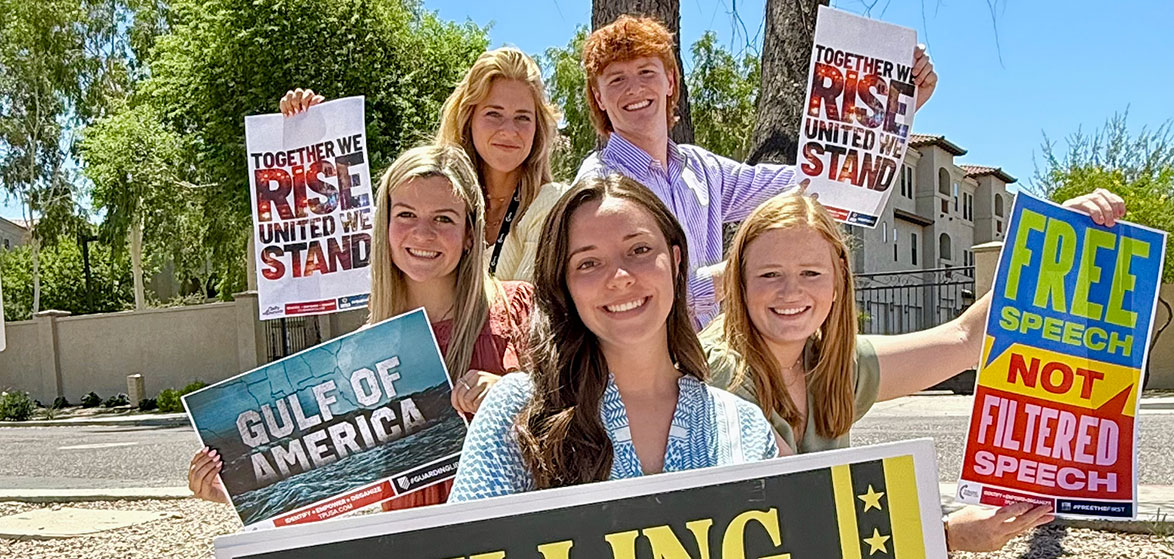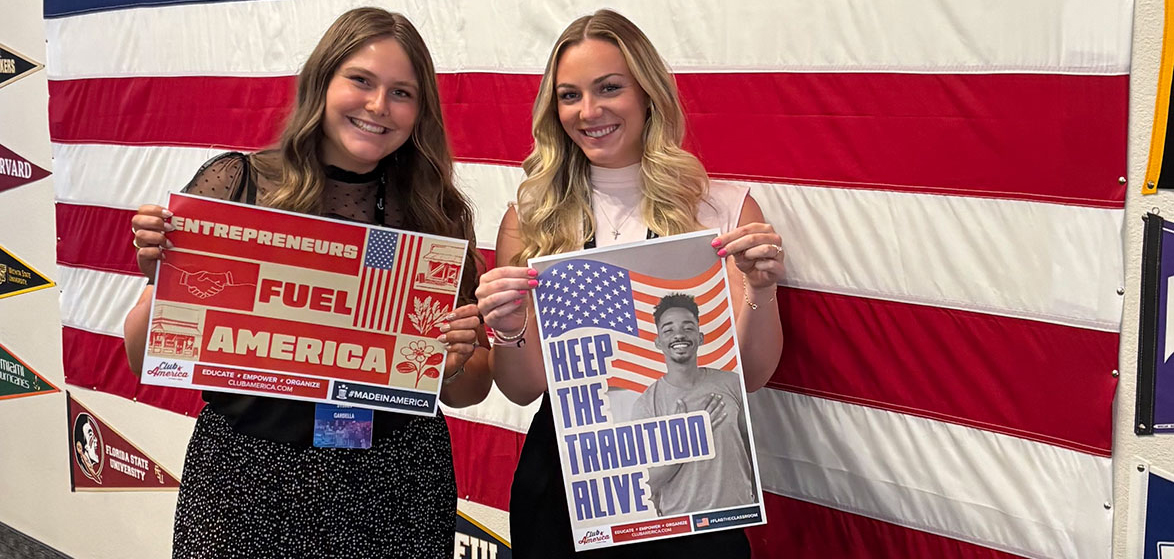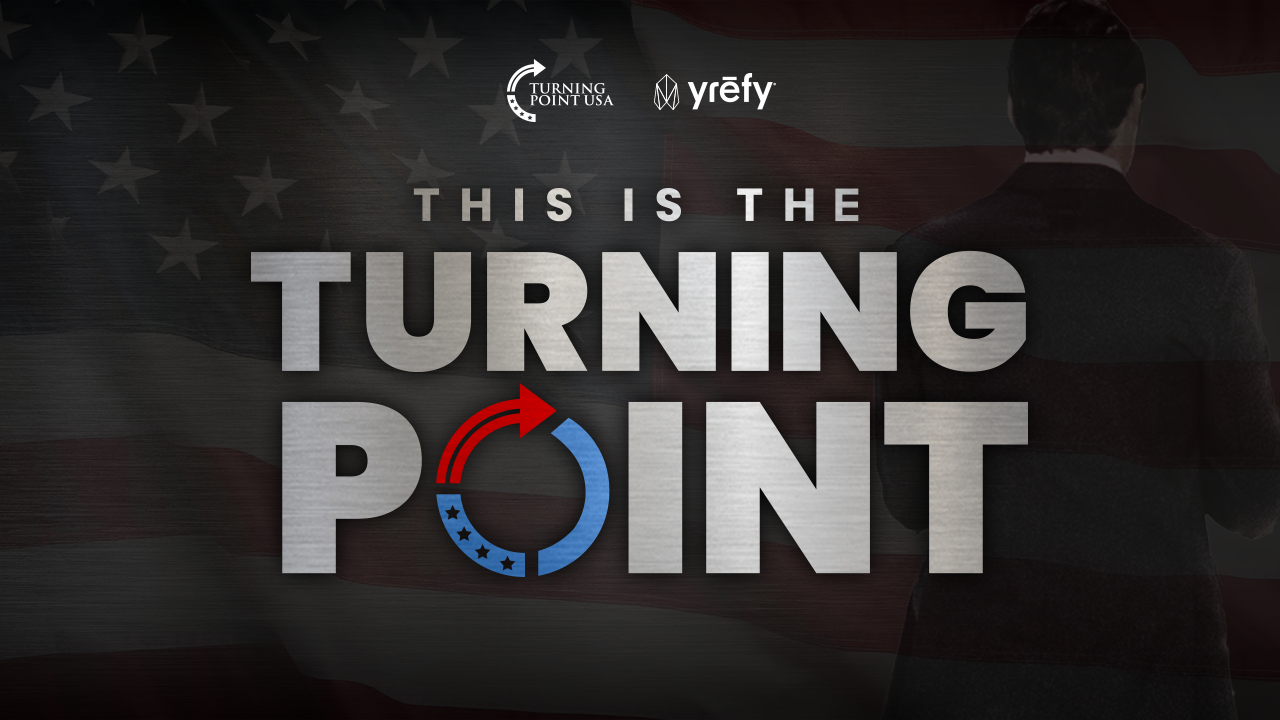
The European Union announced countermeasures to tariffs on steel and aluminum imposed by the U.S. under an Executive Order signed by President Trump. The tariffs come as Section 232 is reinstated.
The goal of the order is “to protect America’s critical steel and aluminum industries, which have been harmed by unfair trade practices and global excess capacity.”
TPUSA Frontlines Reporter and White House Correspondent Monica Luisi reported on the newly imposed tariffs:
“If they charge us we charge them. It will be great for everybody including the other countries [that are tariffed].”
When asked what countries will be tariffed, the President mentioned Canada and Mexico. This comes as tariffs on all imports from Canada and Mexico were imposed, and then paused after negotiations.
During the President’s first term, steel and aluminum tariffs prompted billions of dollars of investment in the steel and iron industry. Nearly 5,000 jobs in the steel and iron manufacturing industry were created throughout the term.
However, during the subsequent administration, domestic production in the steel industry decreased while imports increased.
The executive order states:
“Foreign nations have been flooding the United States market with cheap steel and aluminum, often subsidized by their governments.”
The tariffs consist of a reinstatement of 25% of steel imports and and an increase of 25% on aluminum imports.
According to the Associated Press, European Union (EU) Chief Ursula von der Leyen is against the tariffs, and stated they will not go unanswered:
“The EU will act to safeguard its economic interests. Tariffs are taxes — bad for business, worse for consumers. Unjustified tariffs on the EU will not go unanswered — they will trigger firm and proportionate countermeasures.”
Other leaders in the EU have called the tariffs counterproductive.
According to Chair of the European Parliament’s trade committee Bernd Lange, retaliatory measures taken by the EU could target imports of “motorcycles, jeans, peanut butter, bourbon, whiskey and a whole range of products that of course also affect American exporters.”














